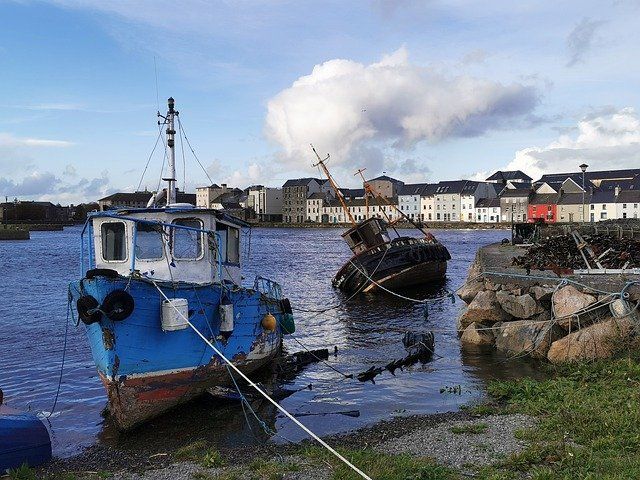
Ireland has a population of just over 5.1 million people, and 3.8 million of these are Roman Catholics. Catholicism has for centuries played a major role in Irish life. It has had a strong influence on children’s education, with many priests, brothers and nuns becoming teachers. Nuns have been involved in caring professions like nursing. The Catholic hierarchy has greatly influenced the shape of Irish society, although this influence has waned over the past fifteen years, due to the secularisation of society and a number of well-publicised sex scandals involving Catholic priests and bishops. Nonetheless, Catholicism is still the pervasive backdrop to evangelical missionary work in the Republic.

New churches
Ireland has recently experienced enormous economic growth, with more and more jobs being provided by ‘high tech’ industries and the many ancillary services needed to support them. Culturally and socially the nation has changed beyond recognition. Within this context, it is encouraging to look at a map of Ireland and realise that now many a county has an evangelical witness in it, whereas a generation before it had none. This is true of the larger towns and cities, each of which may now possess several evangelical churches with active Christian workers. However, counties like Roscommon, Leitim, Mayo, Galway, Clare and Sligo are still in need of workers and churches.
Clonmel
I am engaged in gospel ministry in the area of Clonmel, in County Tipperary. The witness here began nearly twenty years ago when a number of people were converted while an Operation Mobilisation team was evangelising the area. The leader of that team, Phil Roberts, remained to establish the believers and plant the church.
Over the years new people have been added to the Clonmel church, and, sadly, some have left it, often because of the influence of international Christian ‘leaders’ with charismatic tendencies.
Another problem the church has encountered during this period has been when one marriage partner has come to faith in Christ and the other has not proved sympathetic or supportive to his or her converted partner. This has had a knock-on effect on the whole family. When, for instance, the children of this couple reach the age when Roman Catholics take their first Holy Communion or are confirmed, the born-again Christian is expected to go along with the wishes of the other and be involved in this religious rite.
Denominationalism
Many new churches in Ireland have worked faithfully in isolated areas with little opportunity for fellowship, because of the long distance separating them from the closest evangelical church. Some too, having worked with small resources over many years, have suffered when, all of a sudden, a missionary society or denominational board from outside has sent its own missionaries into their area without even consulting them, the pioneer church.
For new workers to arrive like this, establish another church (often in a manner insensitive to cultural and communal factors, that the pioneers have striven to deal with responsibly), and bring the ‘luxury’ of a denominational church of their own type, is, in reality, tragic. This is especially the case where there were only a few believers in the original fellowship, and extra resources would have been better used in furthering that pioneer cause. Such a course of action would certainly have avoided giving the appearance of ‘competition’ to the outside world.
Churches or missionary societies considering working in a new area would be well advised to consult with evangelical Christians already present in that area and assess whether their resources would be better used somewhere else, preferably where no mission is taking place. Sadly, it is sometimes denominationalism that drives mission policy!
Potential
Much useful gospel work has been done in Ireland in the past twenty years, but with better consultation between fellowships, mission boards and denominational missionary boards so much more good could be done. In pioneer evangelism the overriding concern must be for a clear presentation of the gospel to the unconverted, and a practical demonstration to them of the love that the gospel creates between true Christians, and between true Christian churches.













